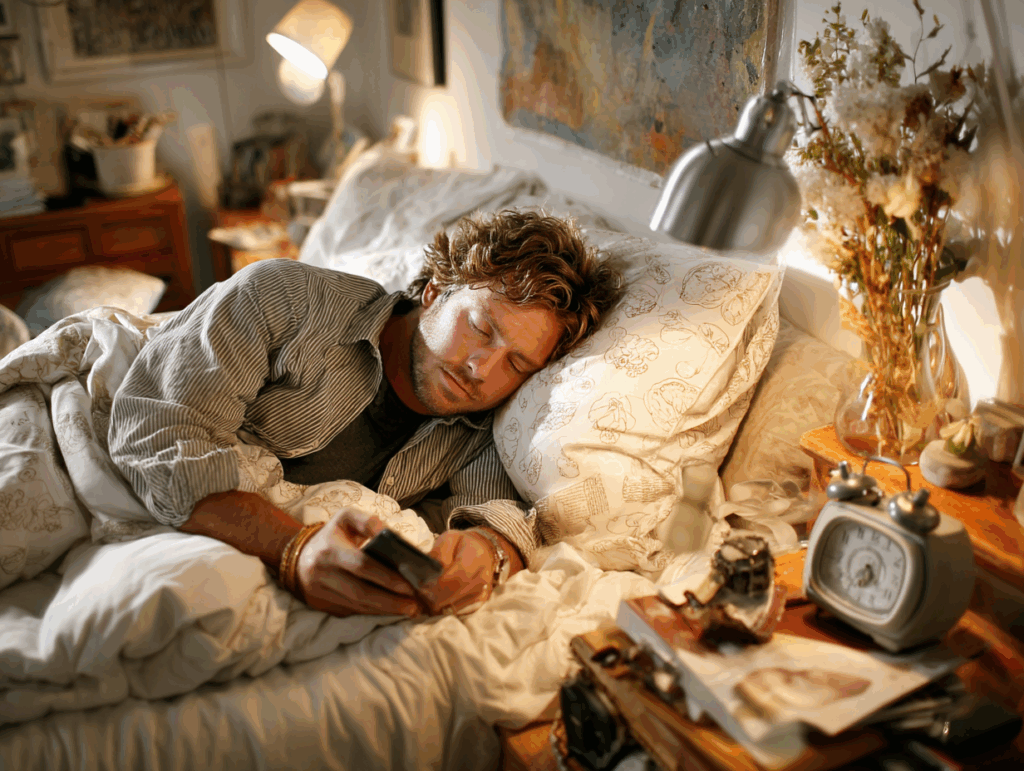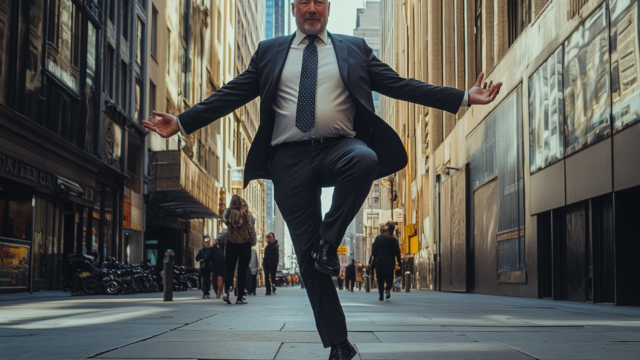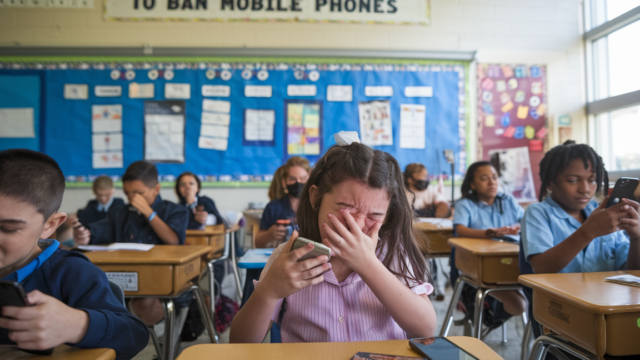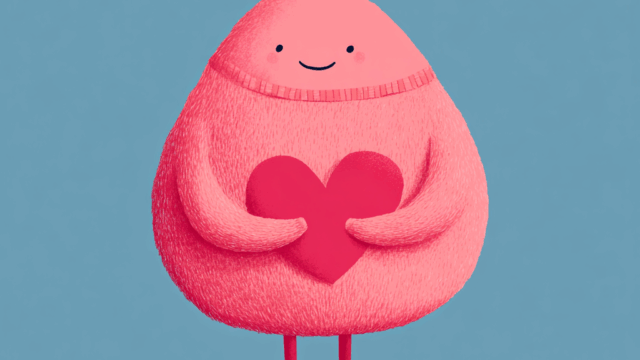【WPMの測定手順】
1. 読む前に設問を確認する
2. 時計(ストップウォッチ)を見ながら、英文を最初から最後まで読み、かかった秒数を記録する
3. 設問に解答する
4. 答え合わせをして正解数を確認する
以下の計算式でWPMを算出する
WPM = 語数 ÷ 読むのにかかった秒数 × 60 × 正解数 ÷ 設問数
※読んだ内容の理解を測定せずただ英文を読むスピードをチェックしたい場合は、WPM = 語数 ÷ 読むのにかかった秒数 × 60 まででOK。
The Truth About the Snooze Button
Every morning, millions of people tap the snooze button, hoping for just nine more minutes of peace. Yet sleep researchers warn that this small luxury may come with hidden costs. When your alarm first rings, your brain is often in the last stage of rapid eye movement (REM) sleep, the phase that supports memory, mood, and creativity. According to a 2025 study from Mass General Brigham, interrupting REM repeatedly fragments its benefits and can leave you feeling foggy all day.
Frequent snoozers also tend to show more irregular sleep schedules and shorter total rest, a pattern linked to higher stress and reduced academic performance.
The immediate culprit is sleep inertia, the heavy-headed sensation that follows broken sleep. This grogginess can last up to an hour, slowing reaction time and decision-making.
However, not every scientist says snoozing is entirely harmful. A recent review from the Cleveland Clinic notes that a single, short snooze may do little measurable damage if you still reach the same wake-up time every day.
Still, most experts agree on one rule: if you are healthy enough to set an alarm, set it for the latest possible minute and then get up at once. This strategy protects the final, most refreshing part of sleep and trains your body clock to rise naturally.
In short, the snooze button is comforting in the moment but risky in the long run. Try one alarm, morning light, and steady bedtime instead; your body will thank you. (250 words)
☆Answer the questions☆
(1) What stage of sleep is often interrupted by snooze alarms?
a) Light sleep b) REM sleep c) Deep sleep d) NREM stage 1
(2) What feeling can sleep inertia create?
a) Happiness b) Grogginess c) Hunger d) Excitement
(3) According to experts, what is the best strategy for alarms?
a) Set many alarms b) Set one alarm at the latest possible time and get up c) Ignore alarms d) Keep phone on silent
(4) Which organization mentioned that a short snooze might not cause serious harm?
a) NASA b) Cleveland Clinic c) WHO d) Mass General Brigham

【Answer】







